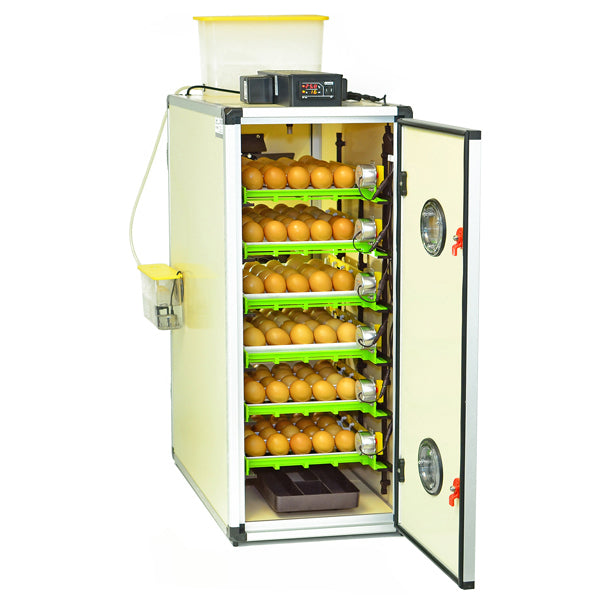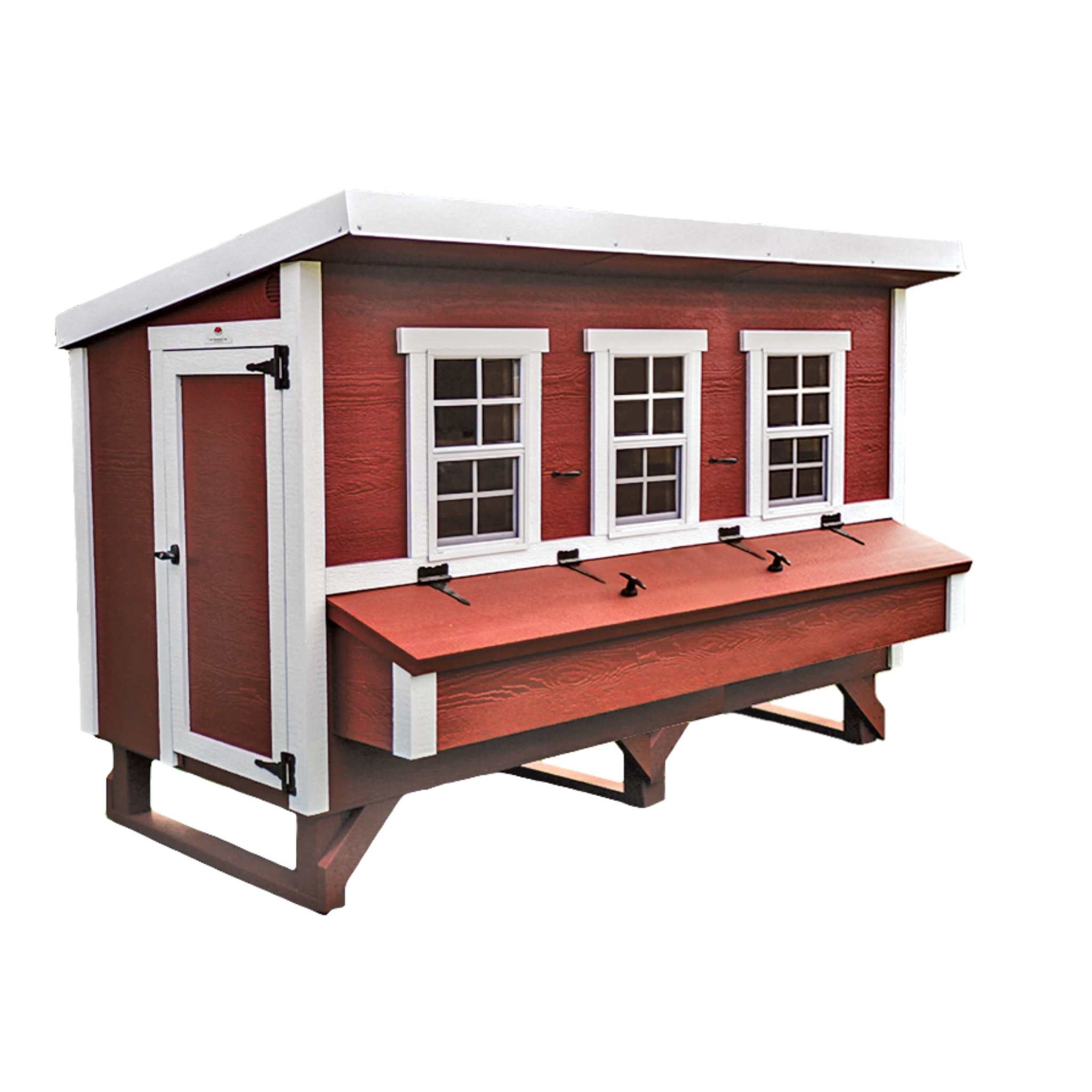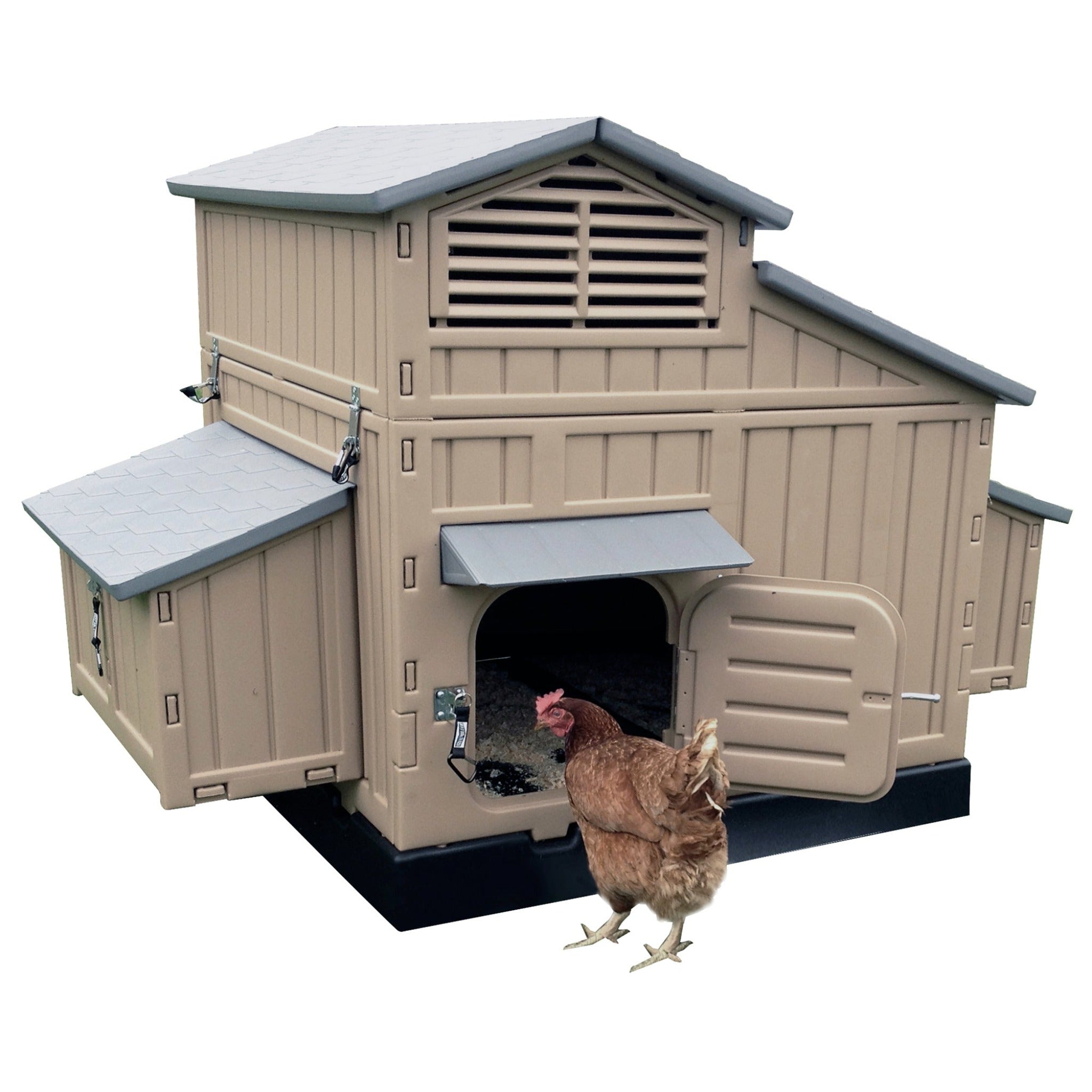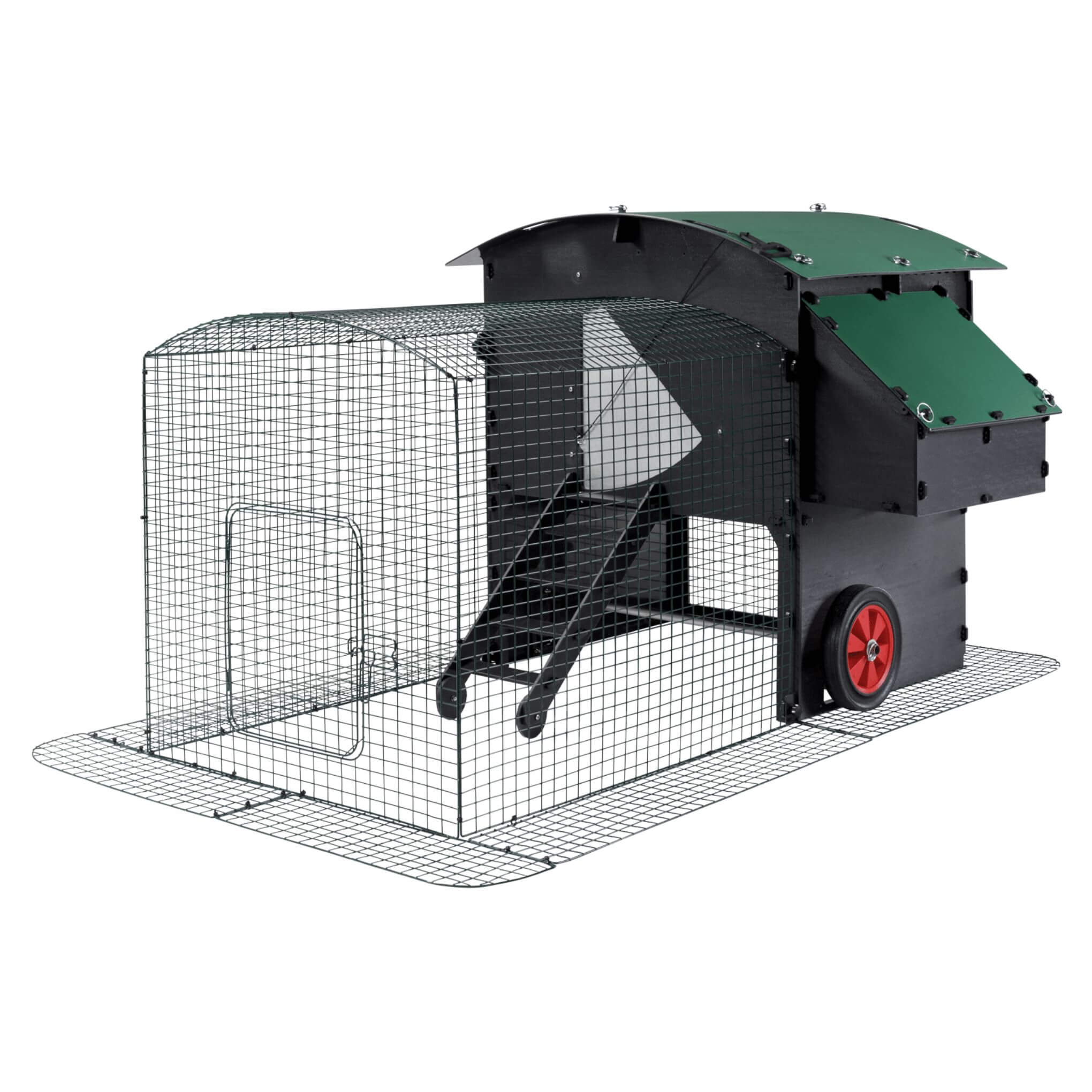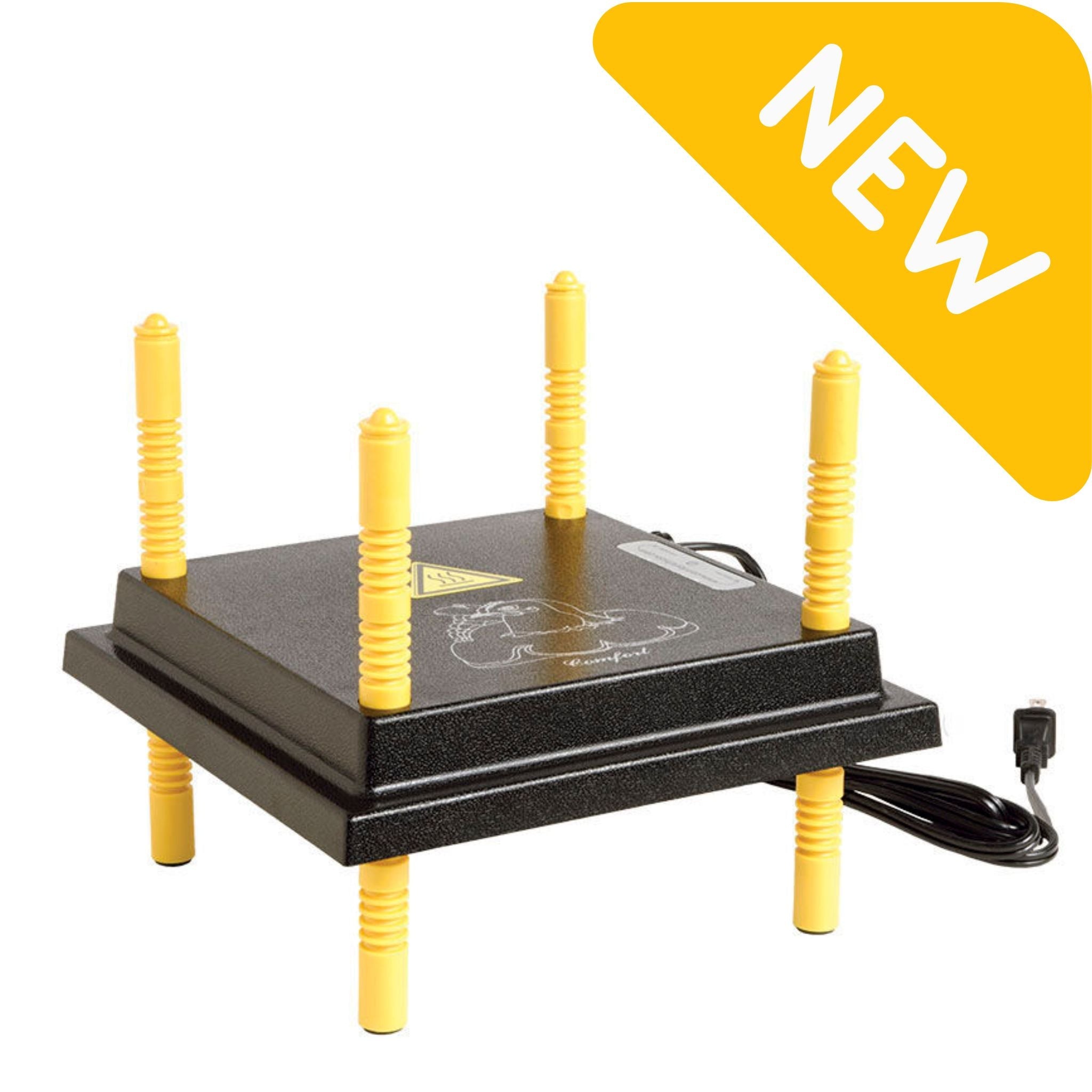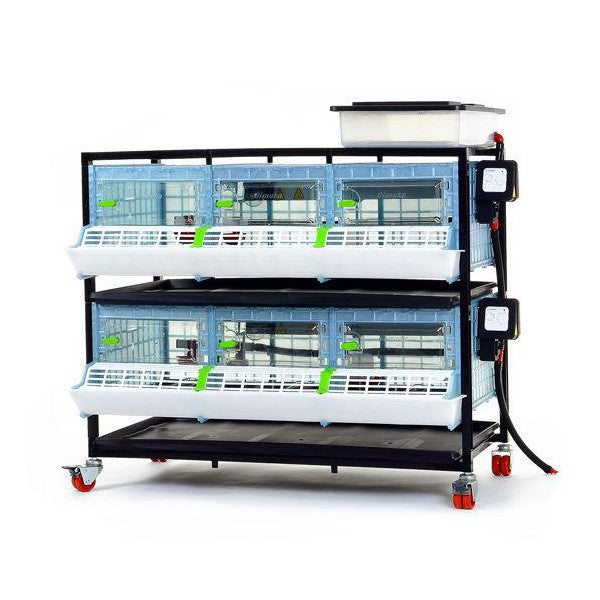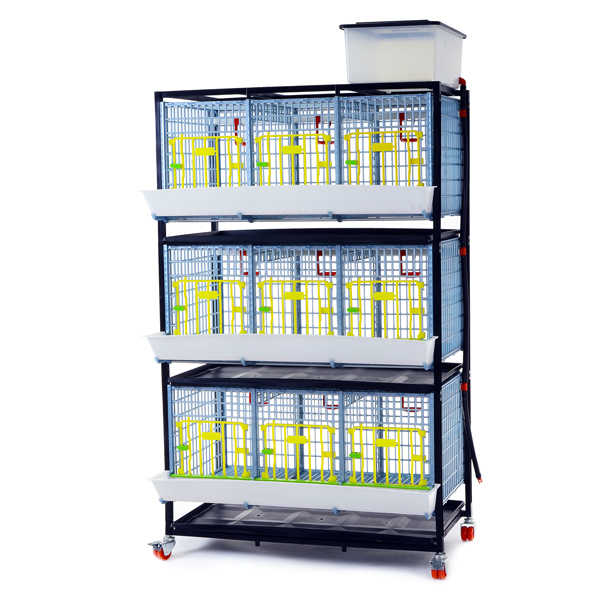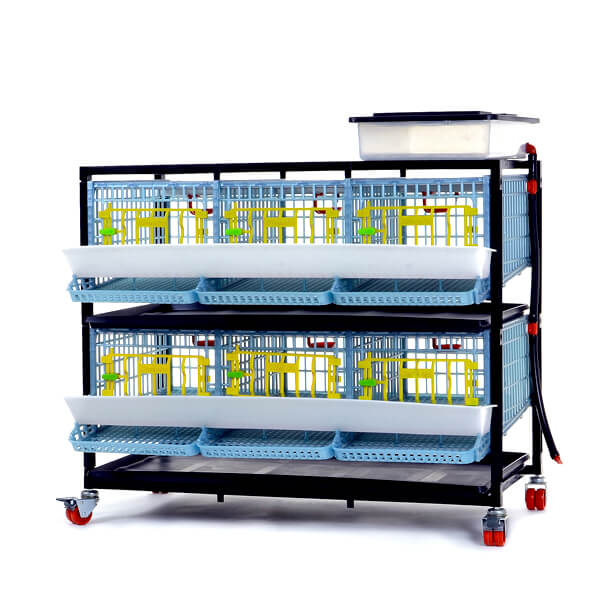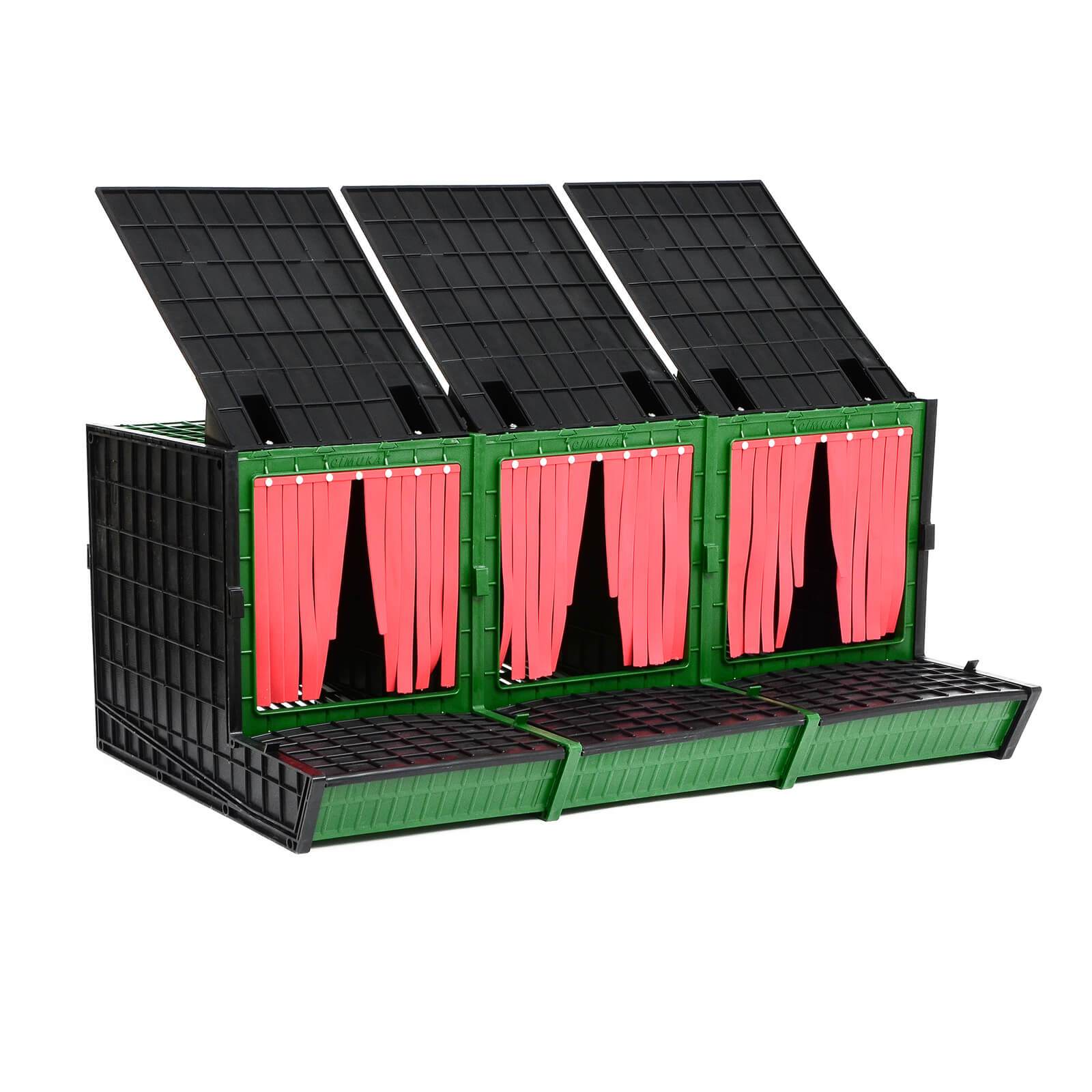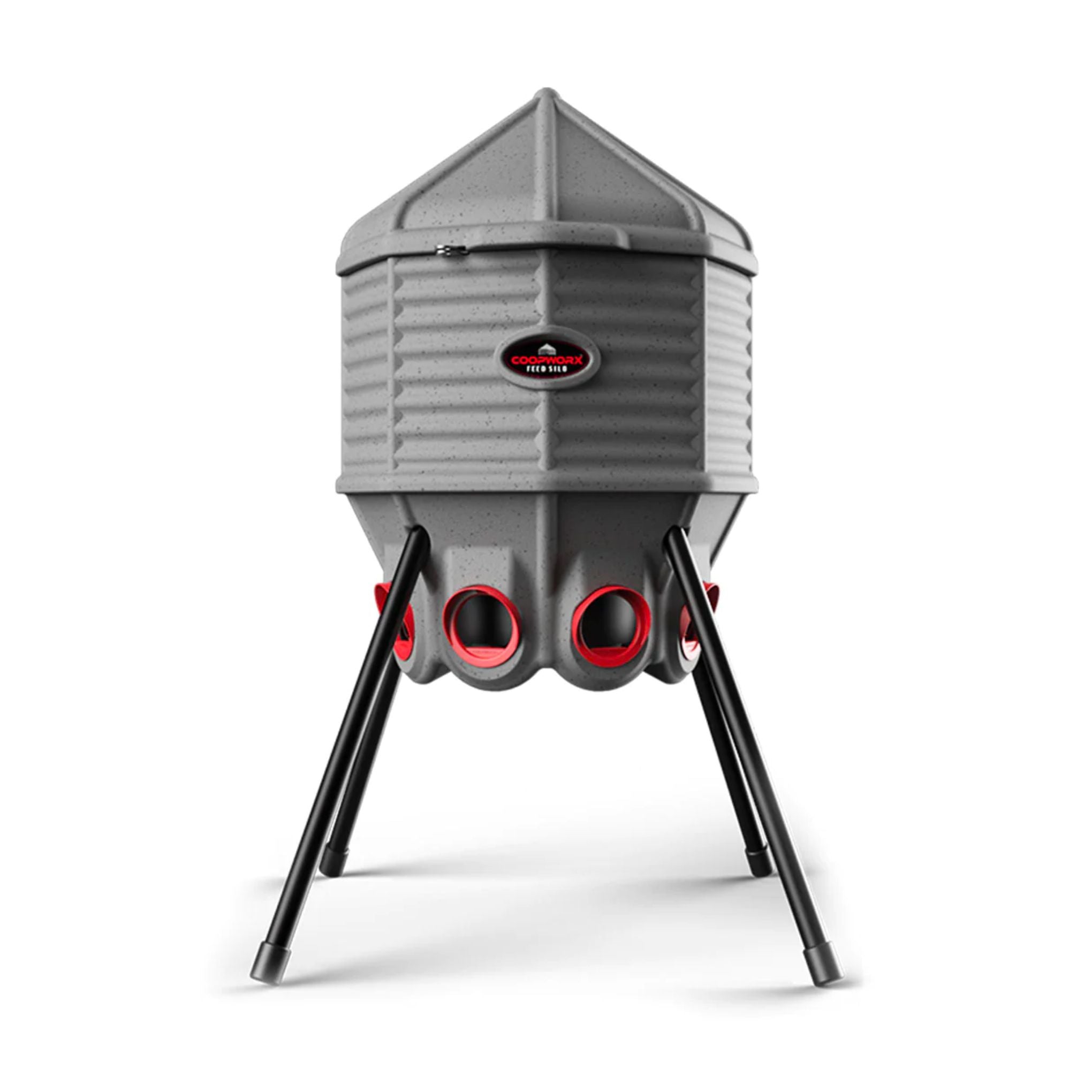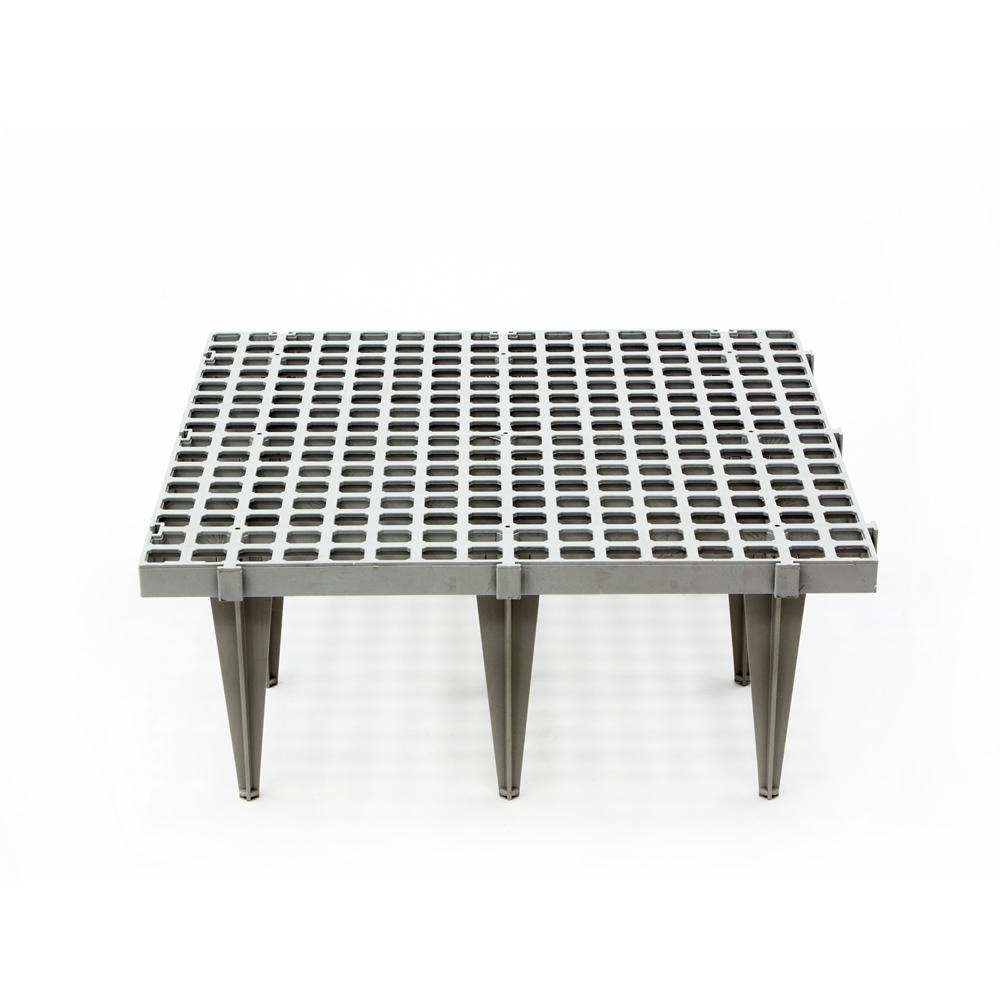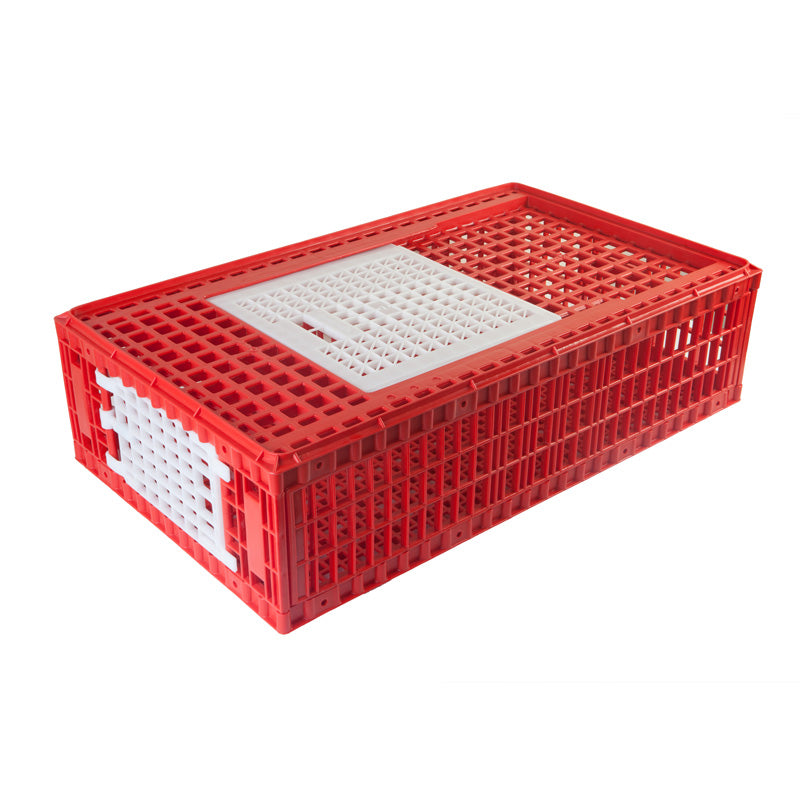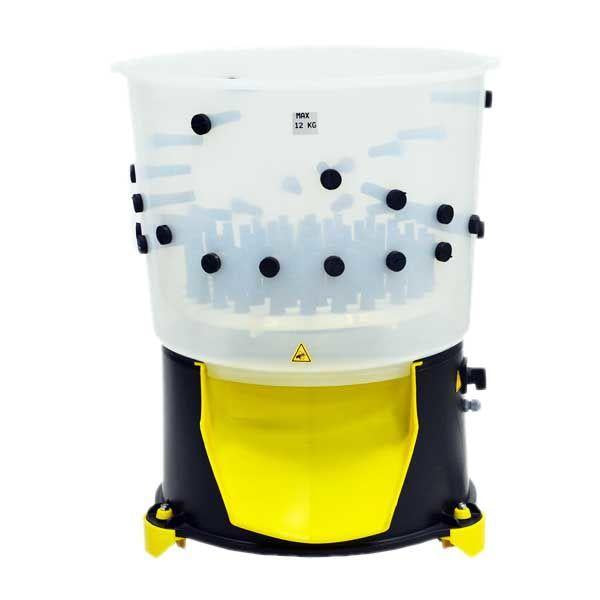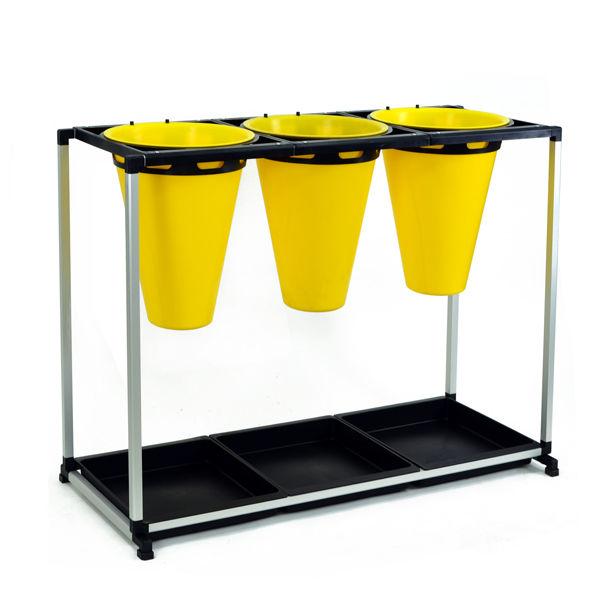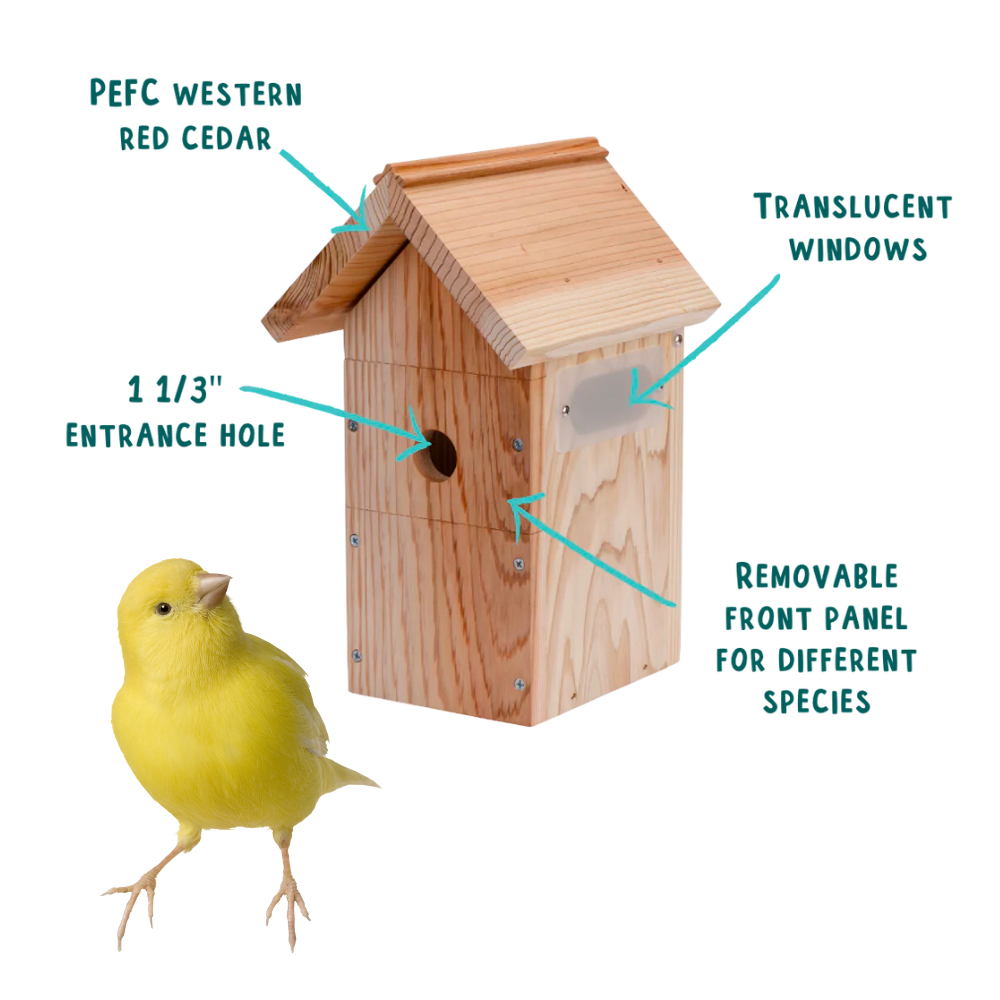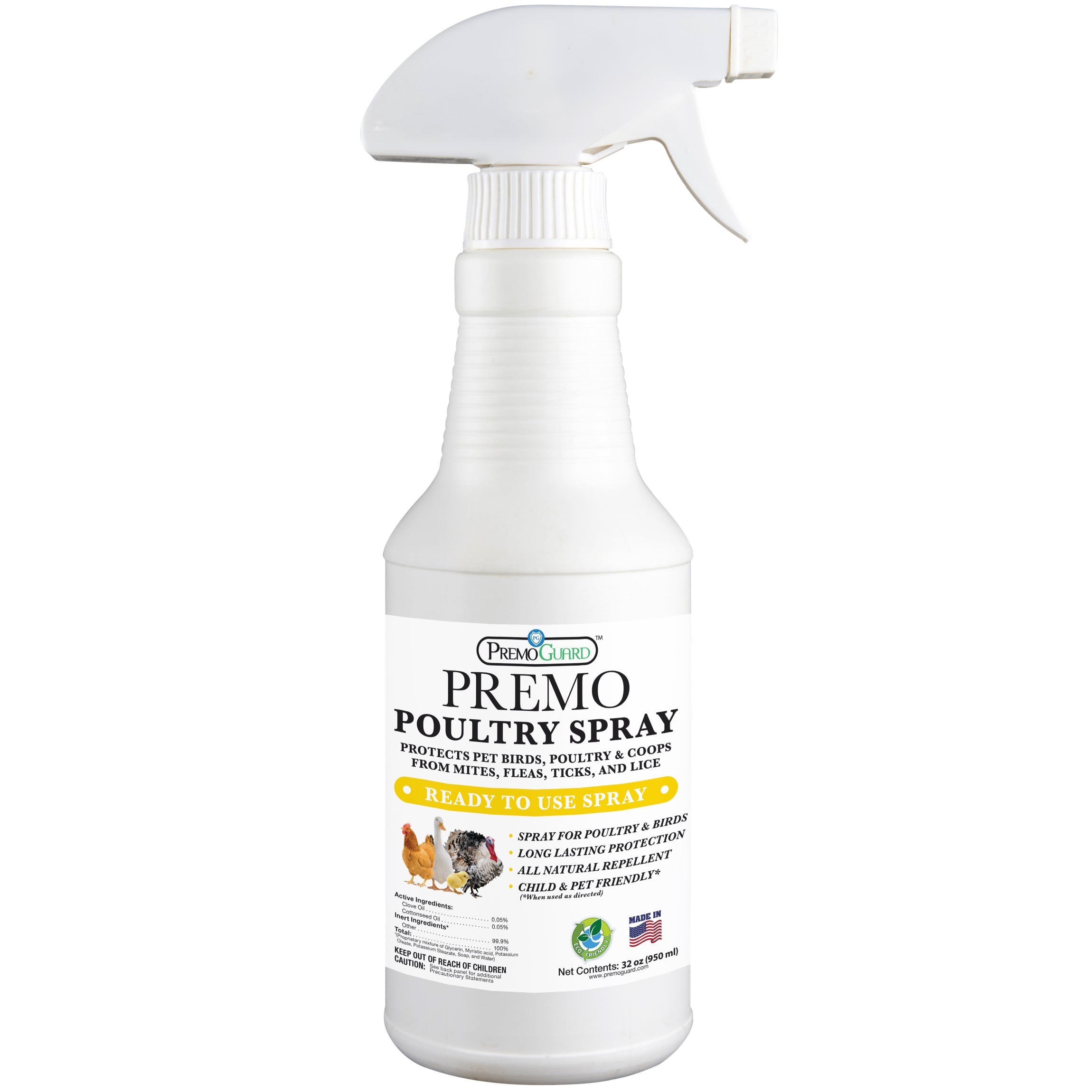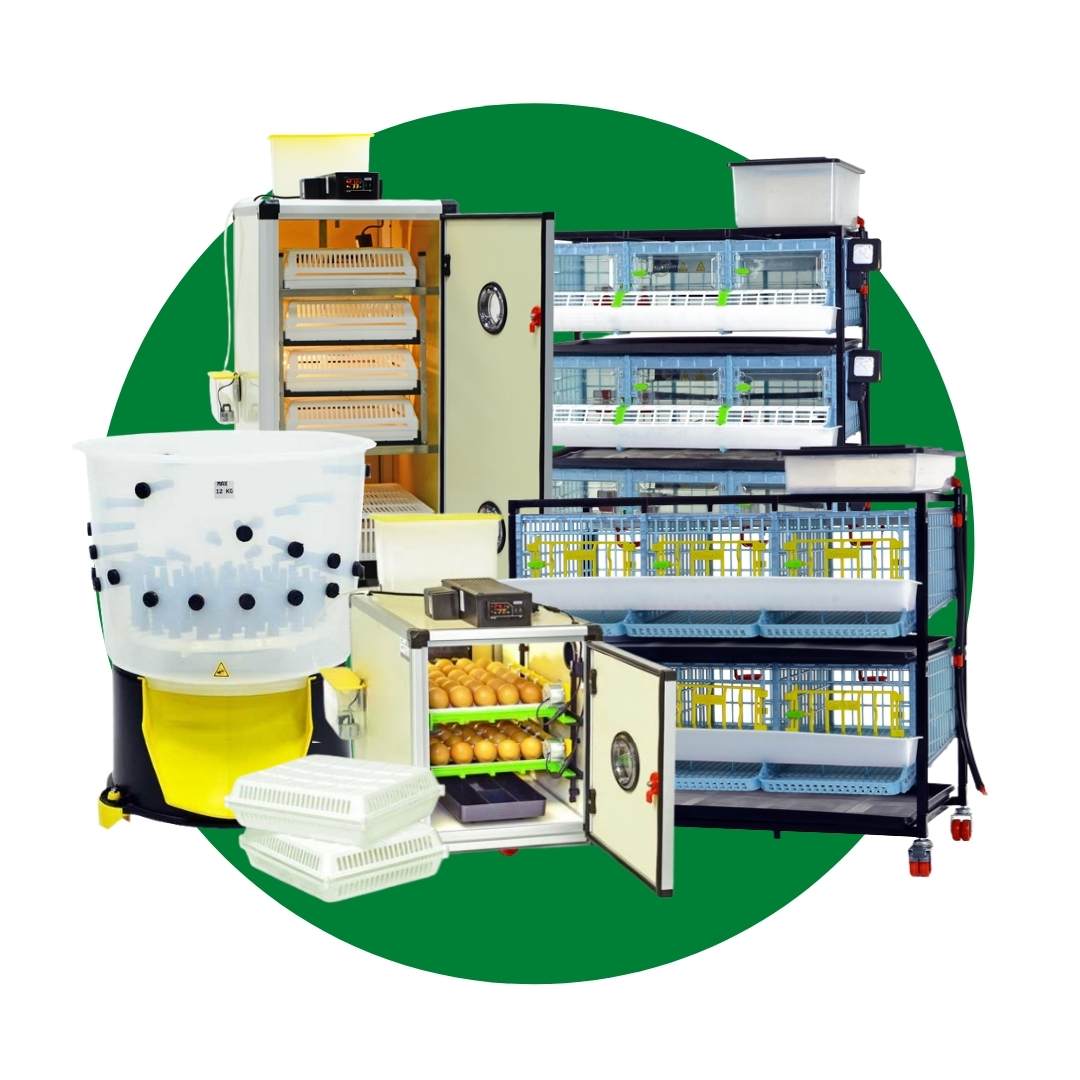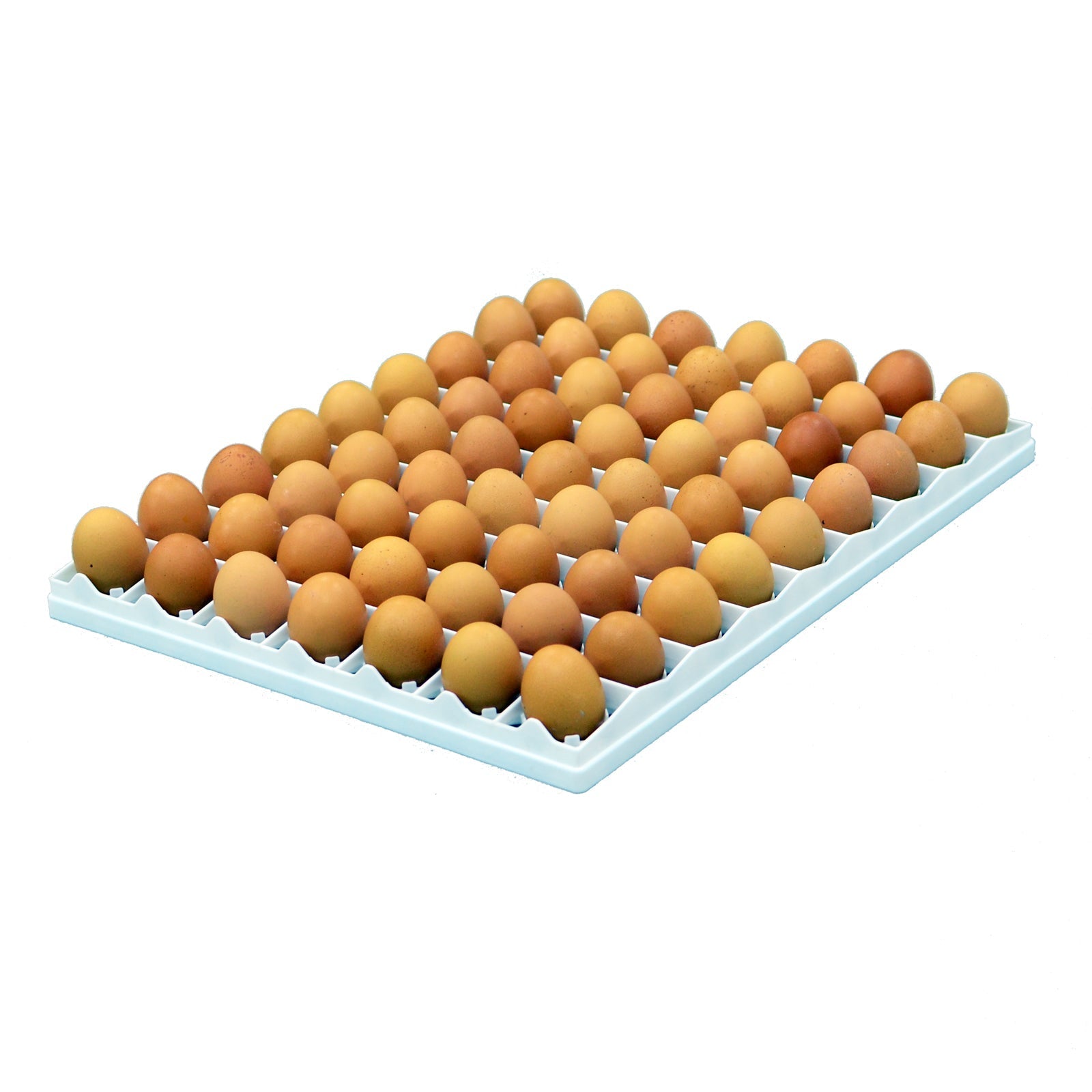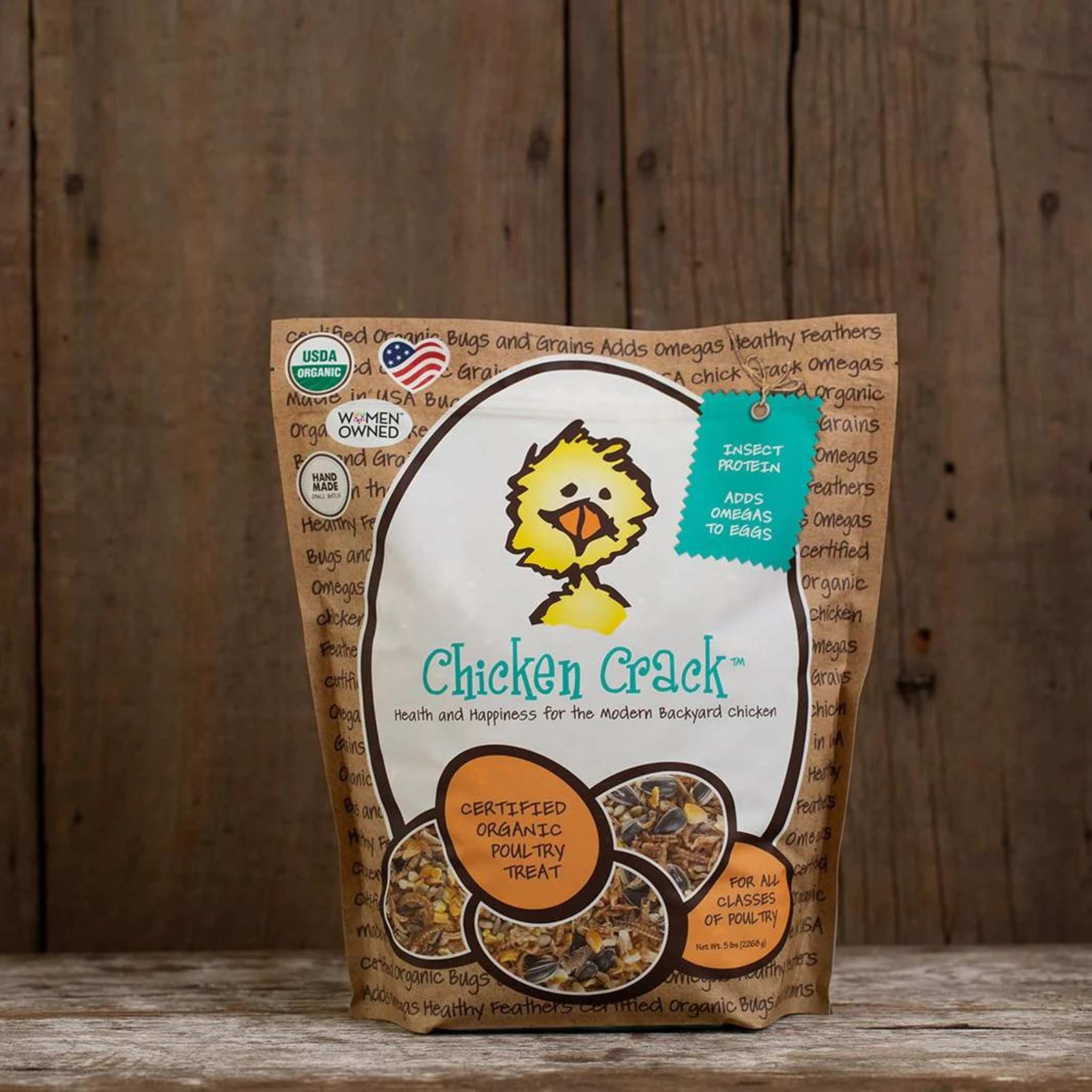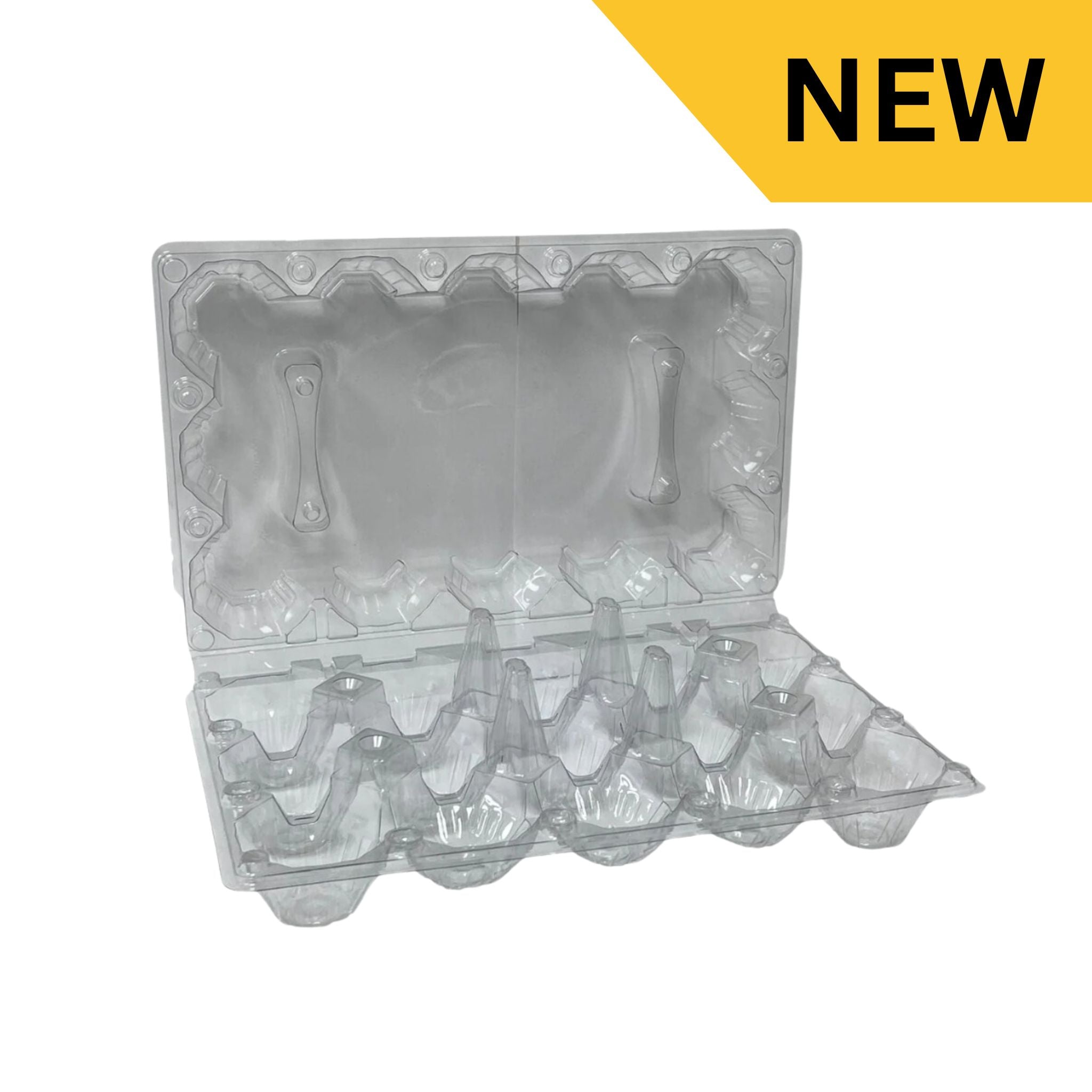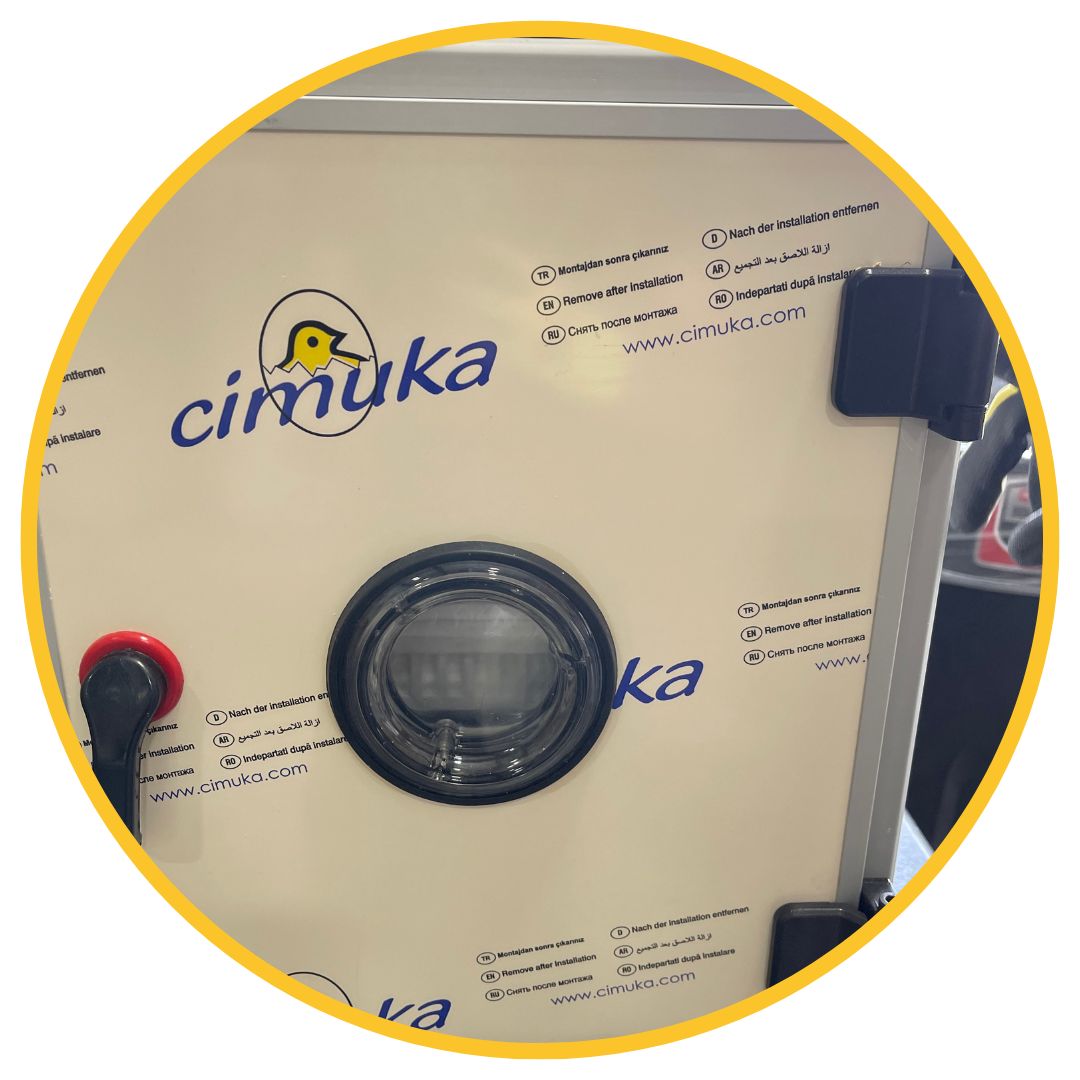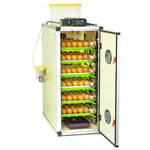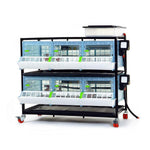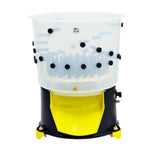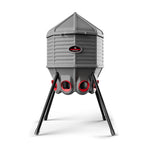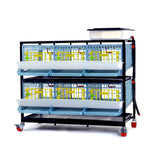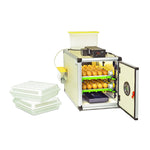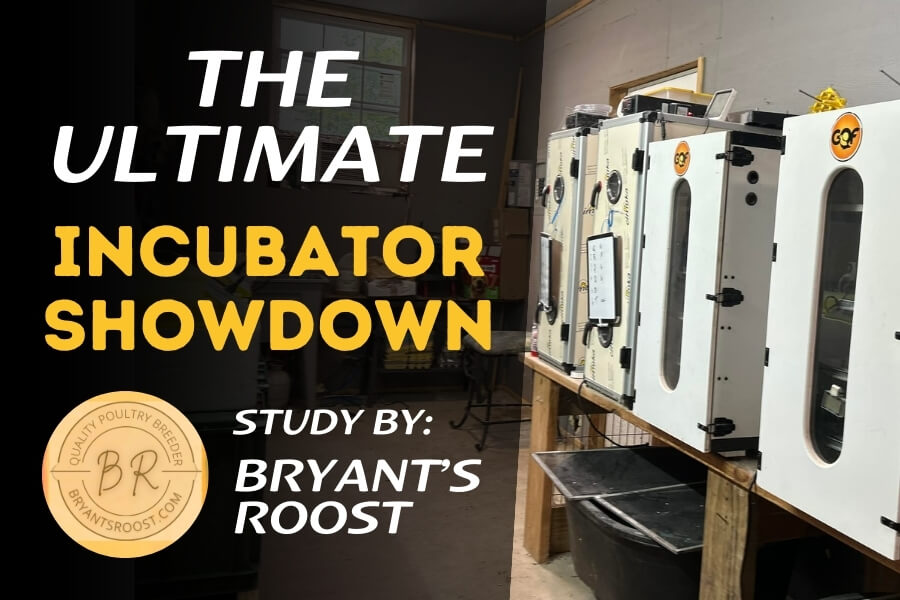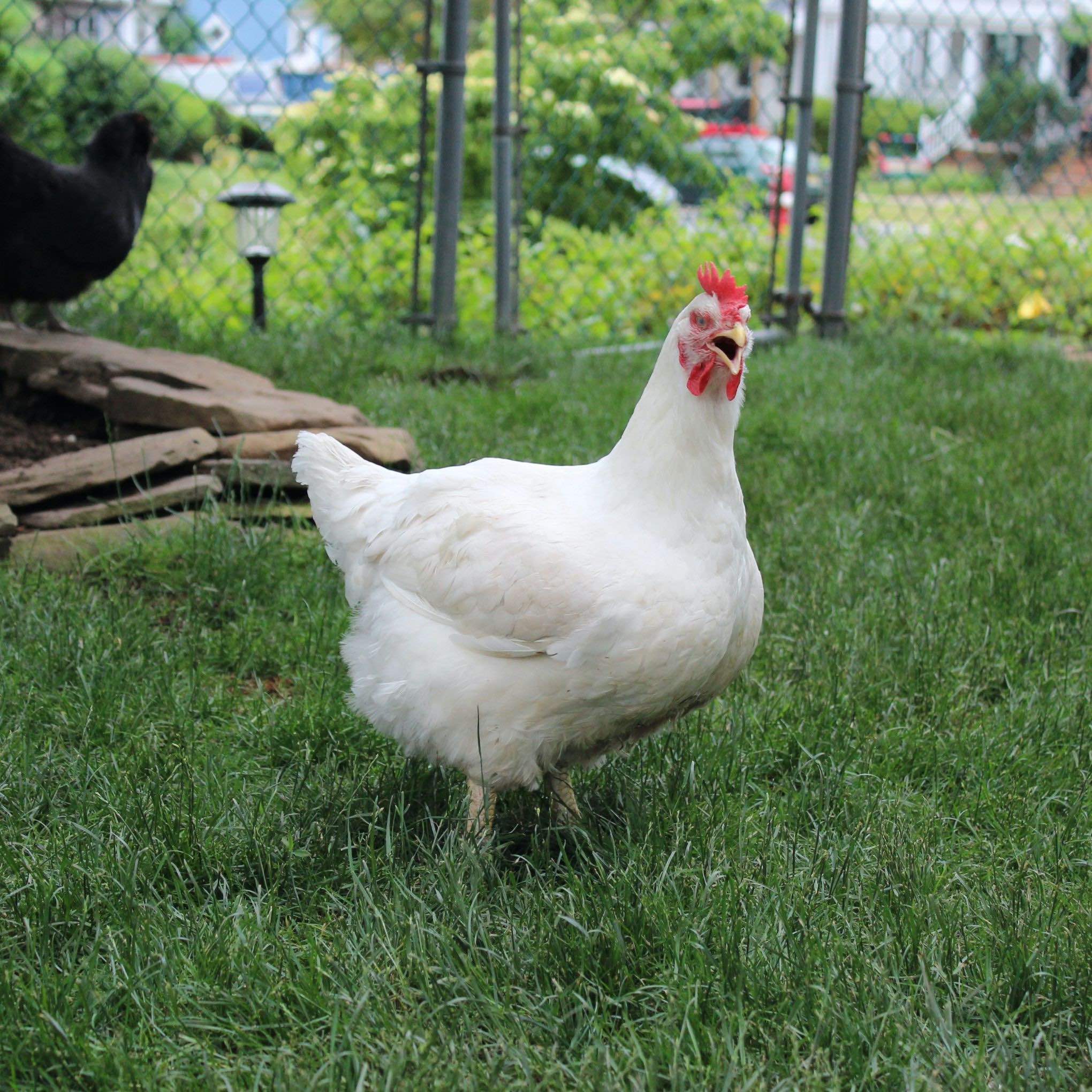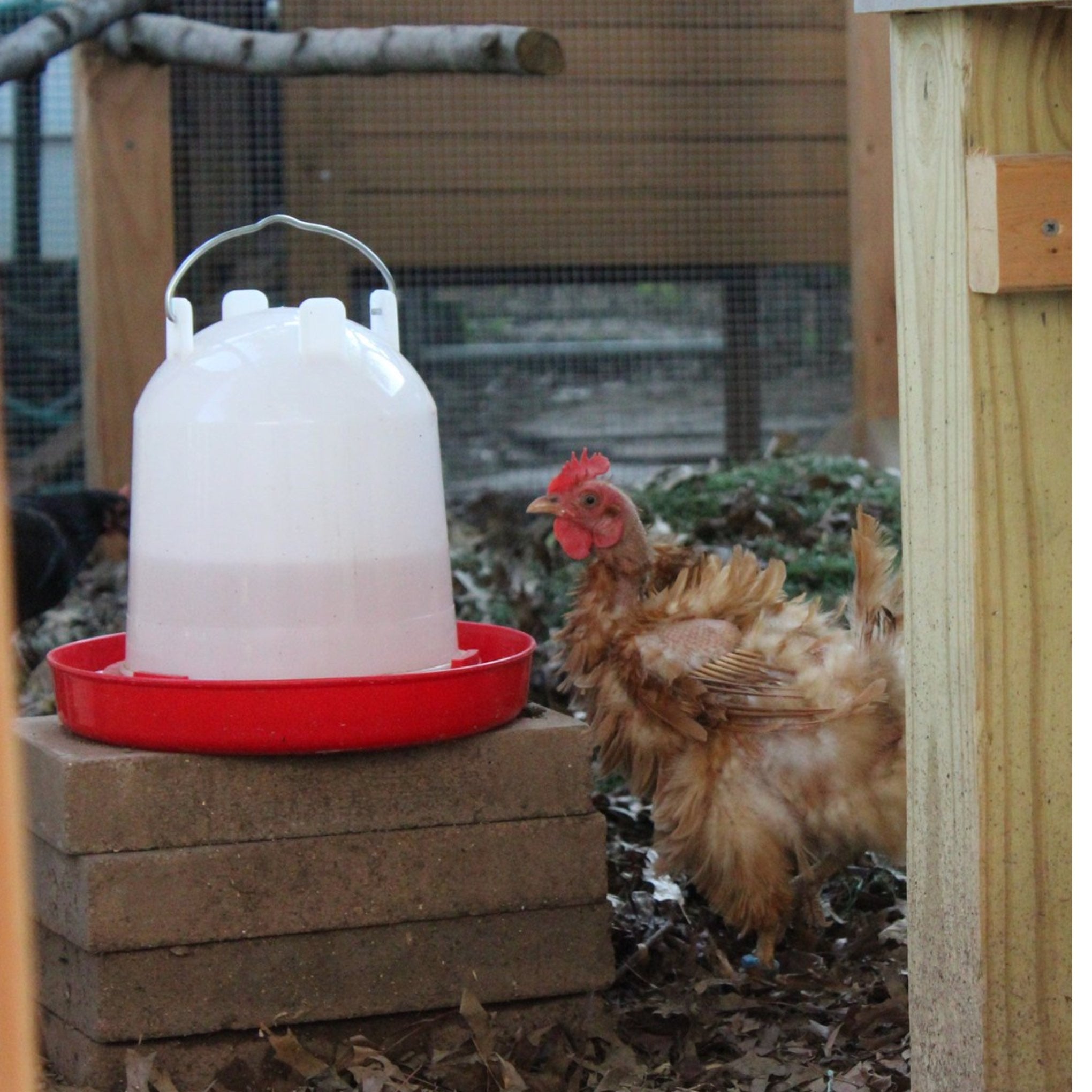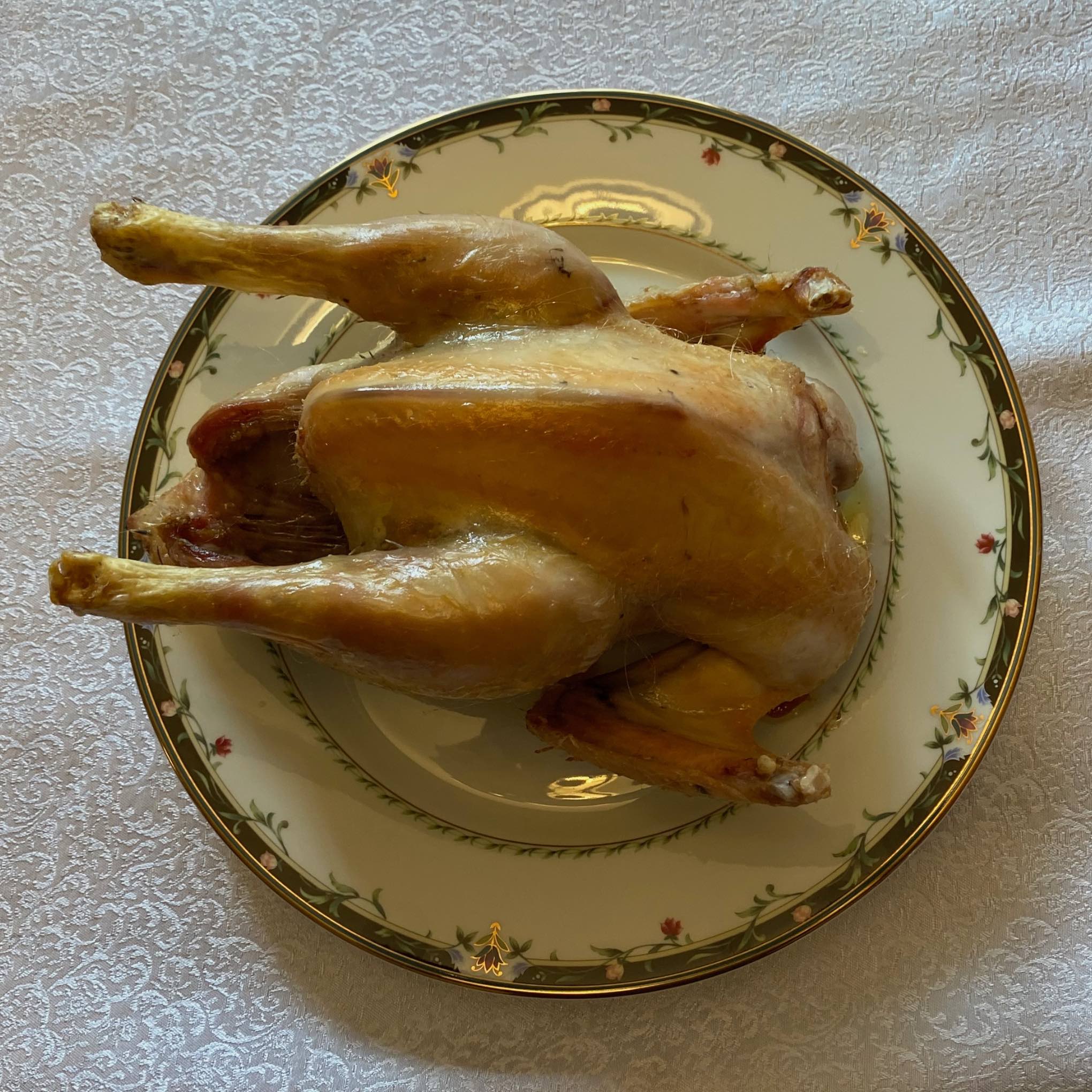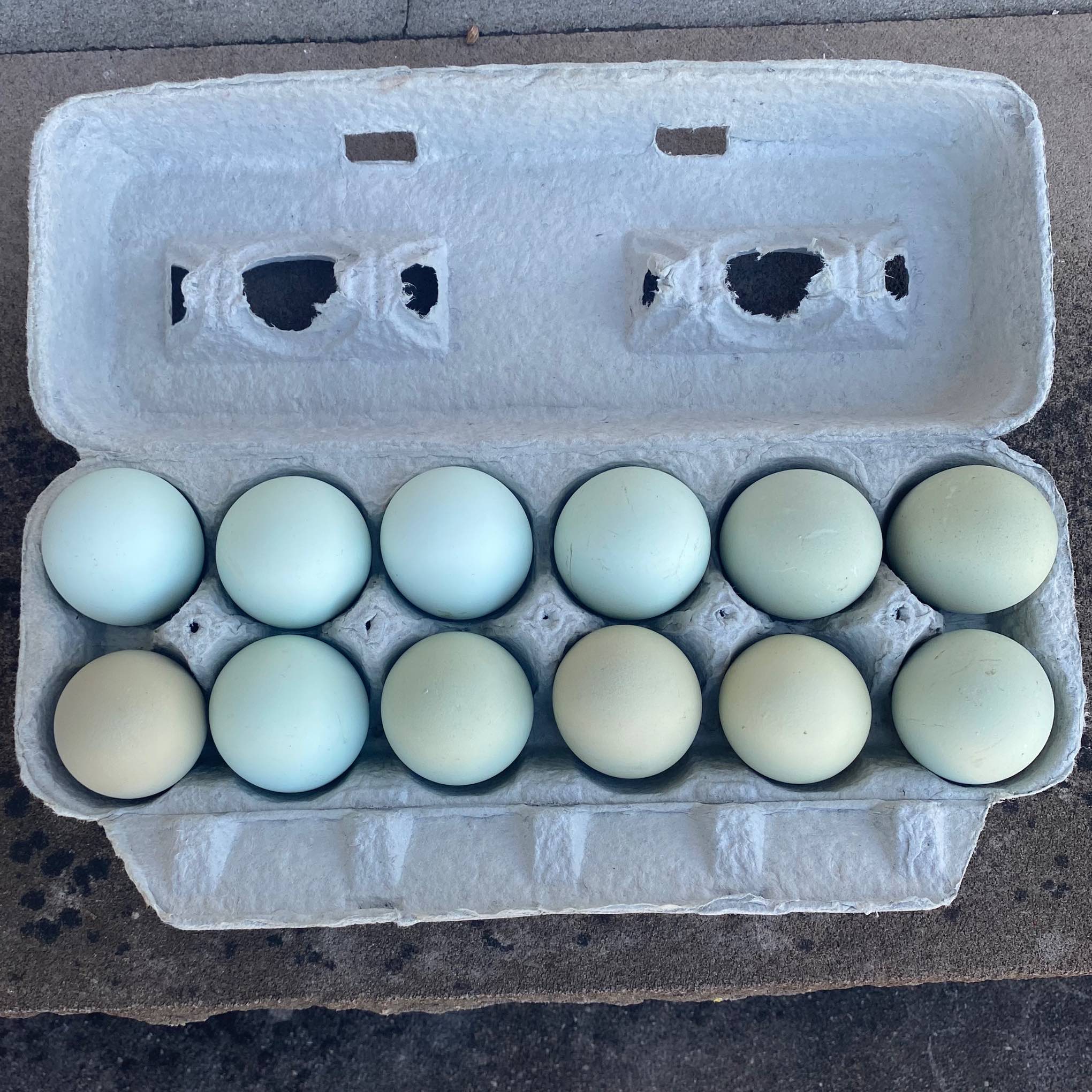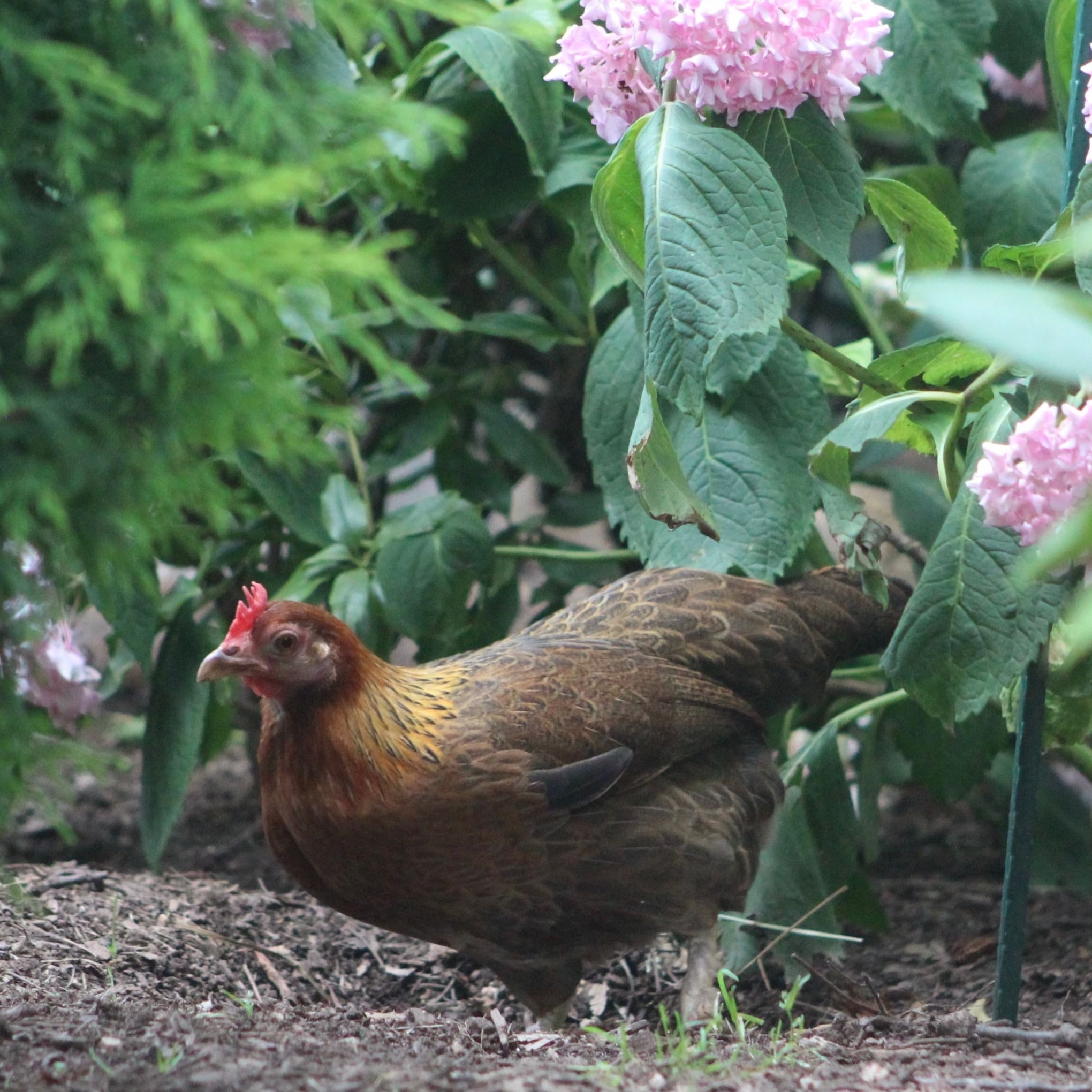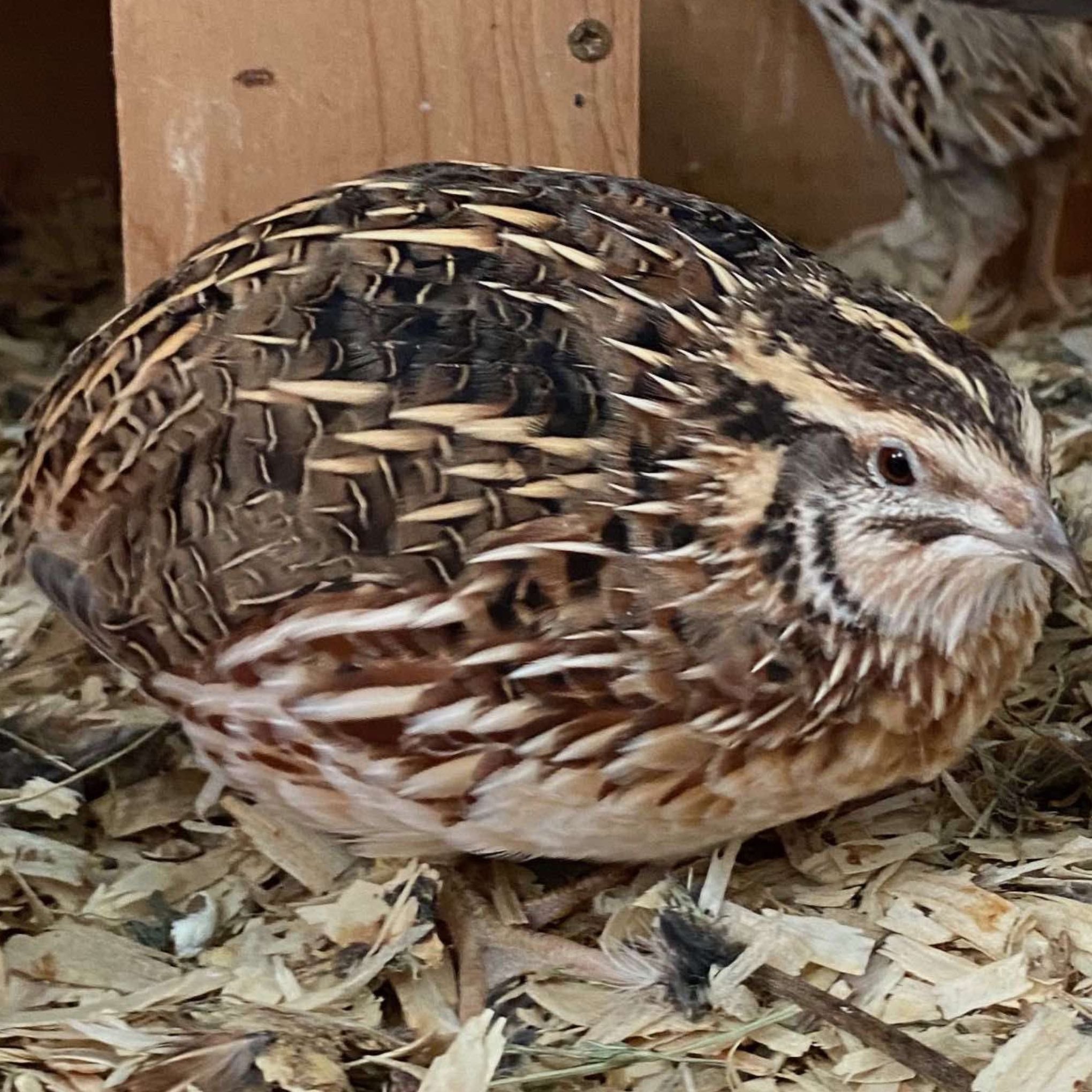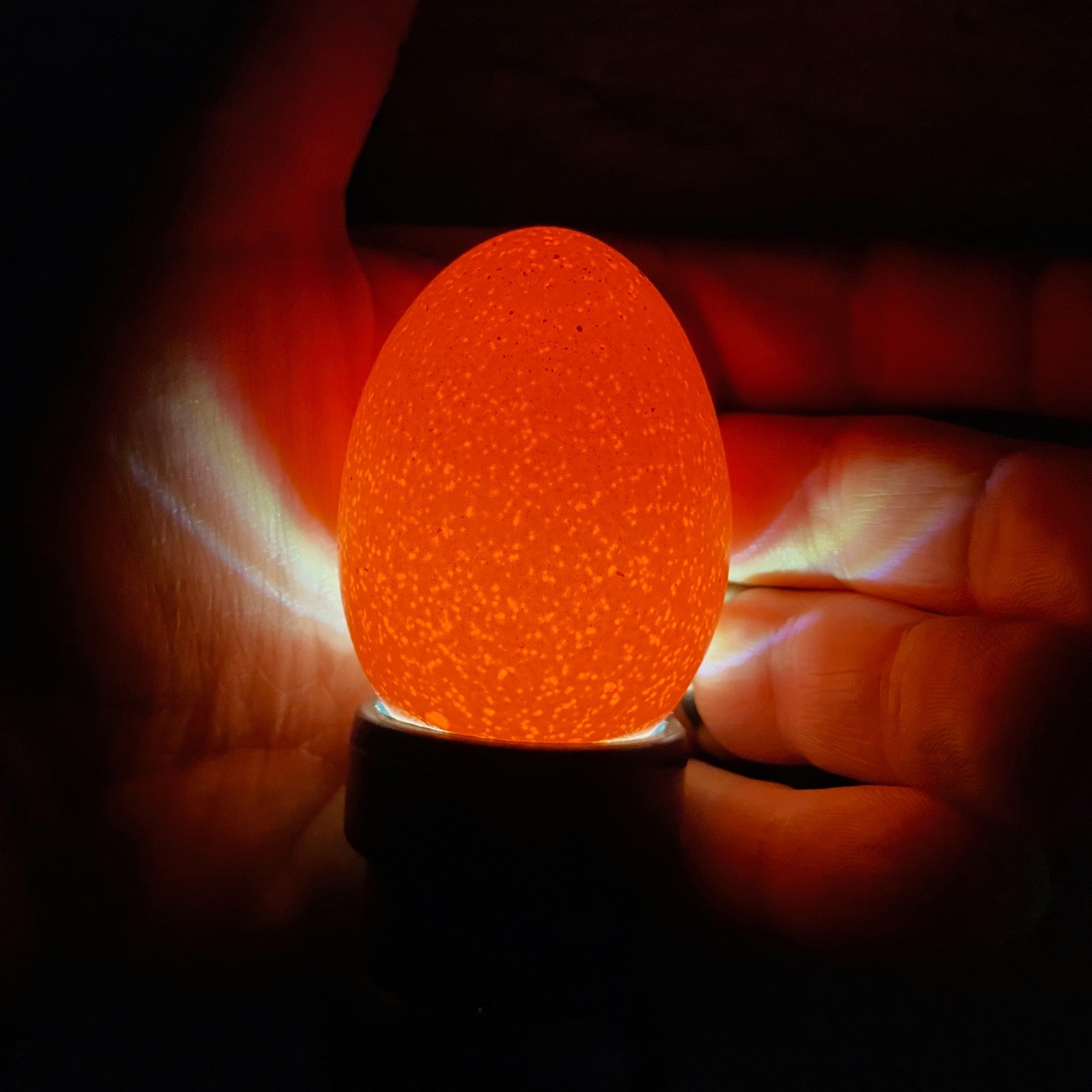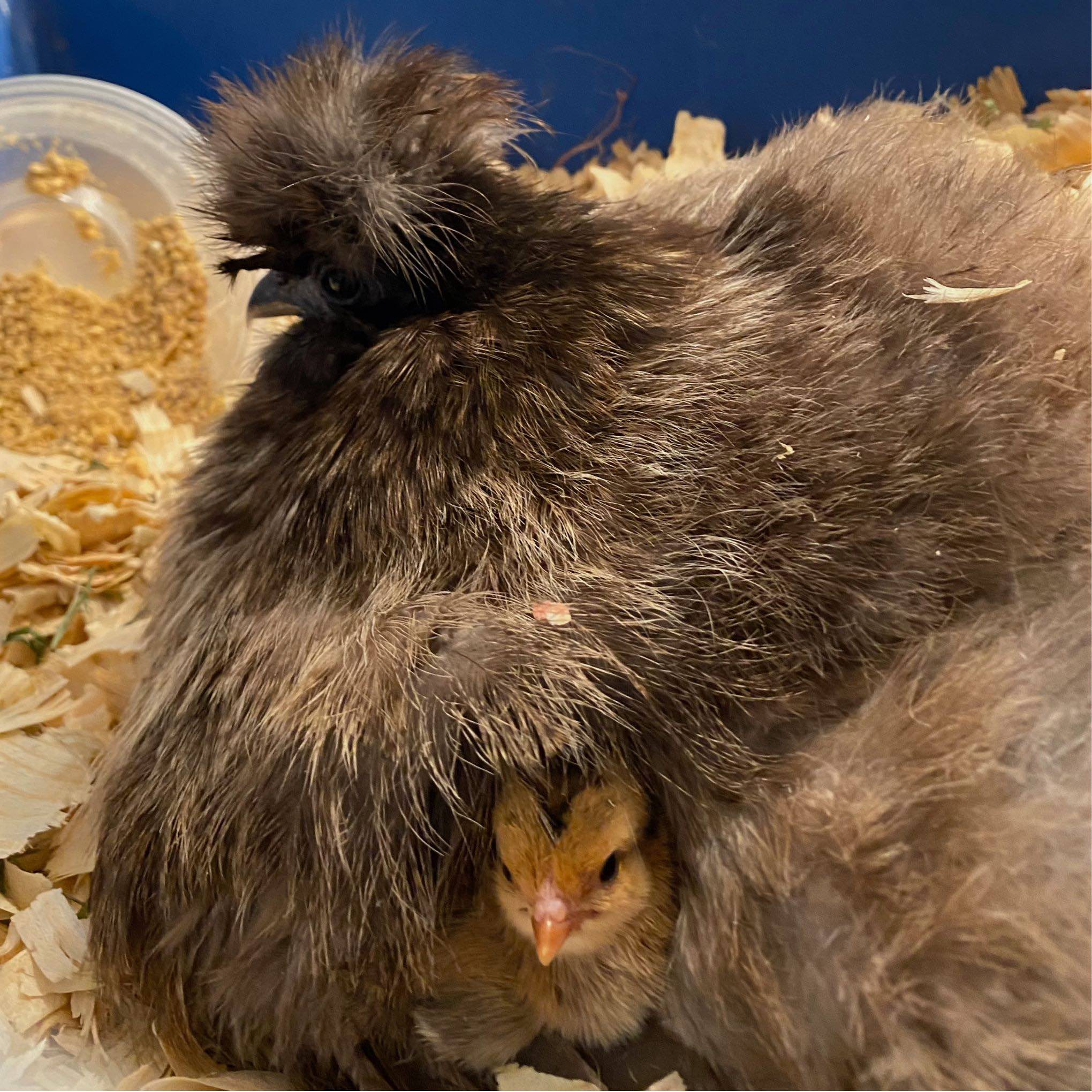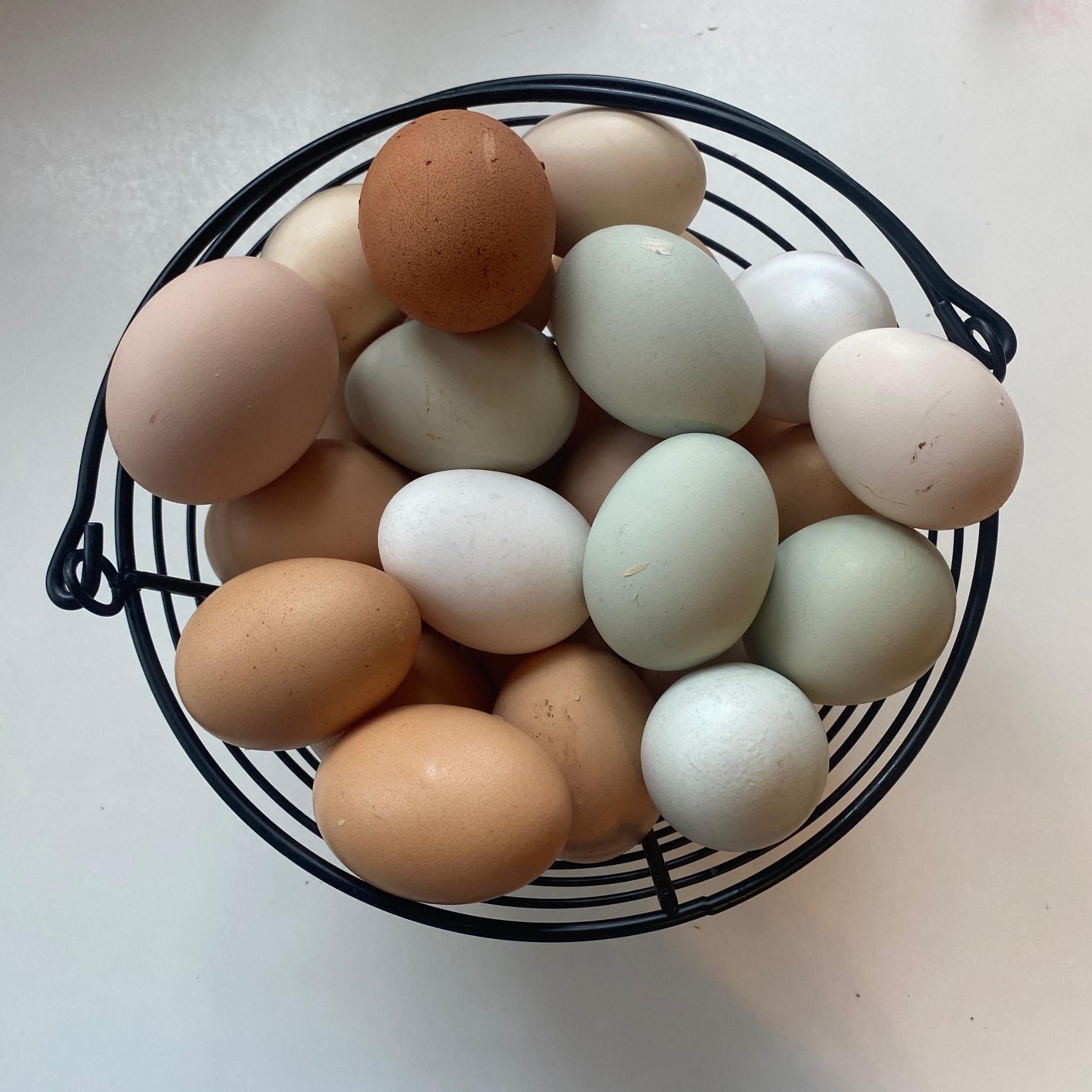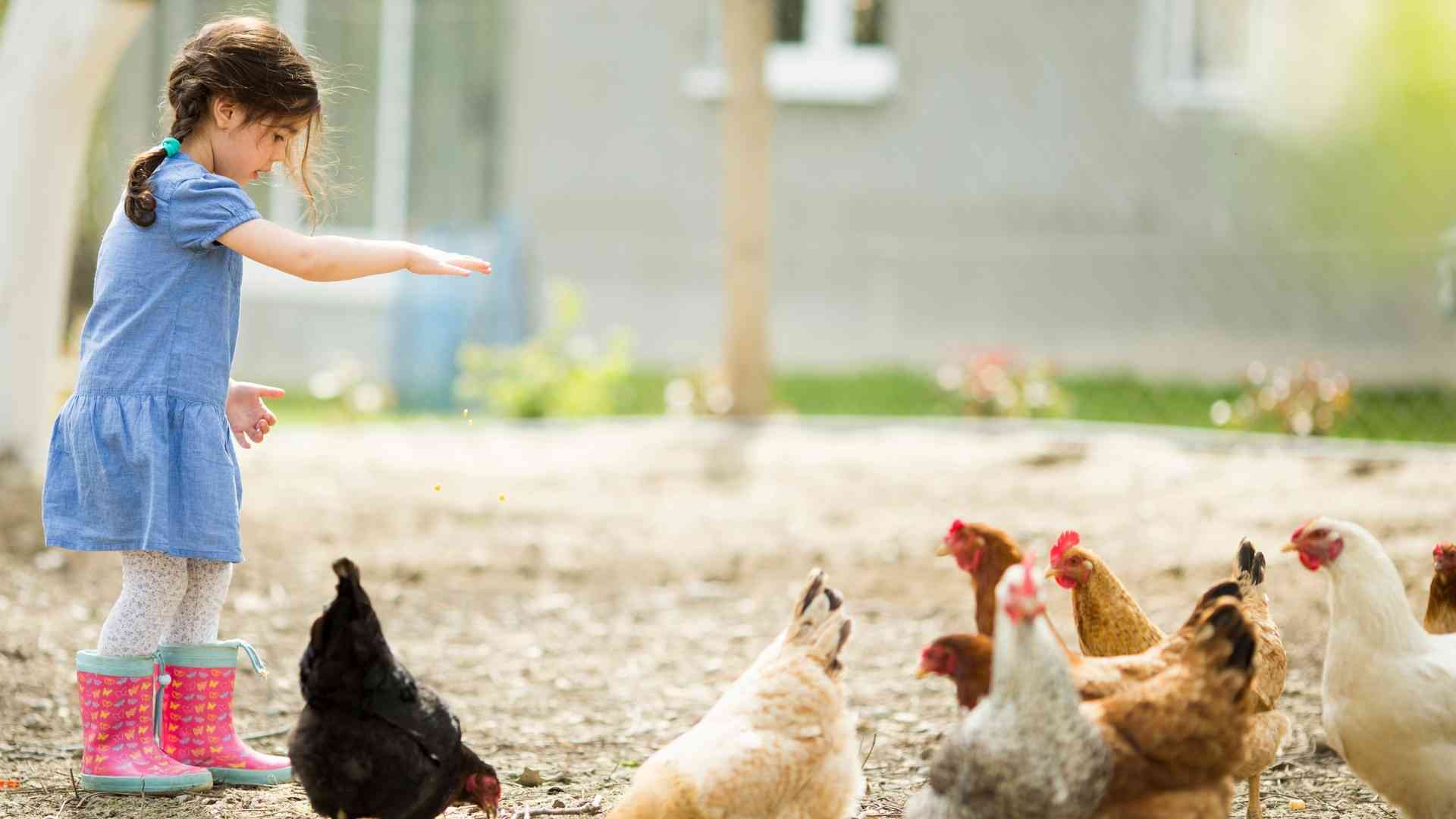Menu
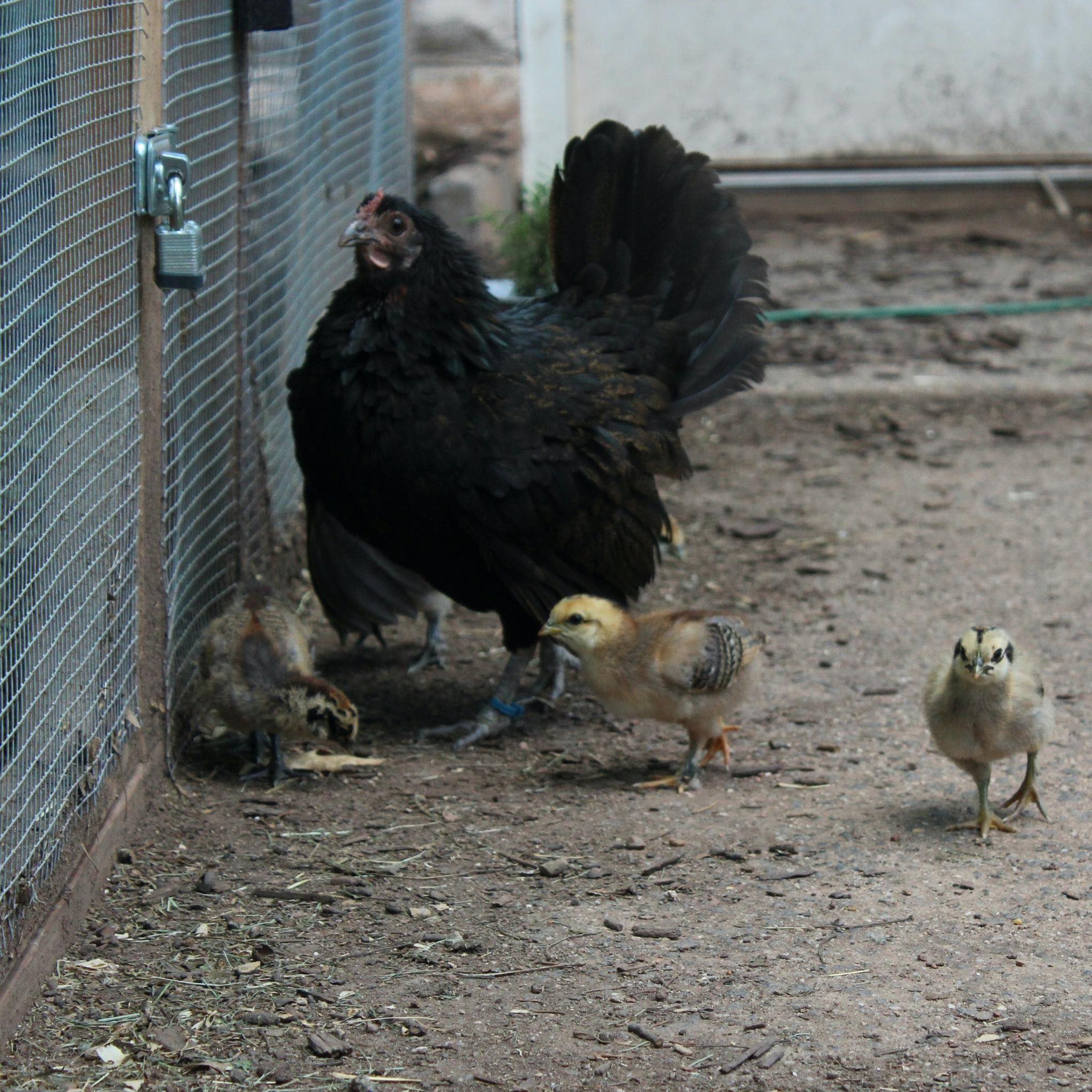
How To Predator Proof Your Coop
Table of Contents
Everything loves to eat chicken! And other poultry too. This is very frustrating when you are a poultry owner. The best way to protect your chickens from predators is to build or buy the most secure chicken coop you can. It is also important to have husbandry practices that deter predators and pests from your poultry area and property. In this article I will cover how to keep predators out of chicken coop, common poultry predators, the best wire to use for your poultry setups, how to attach the wire, methods for predator proofing the exterior of your setup, things to do to keep predators and pests away from your property, and more.

Common Poultry Predators
Predators vary from location to location, I will discuss the most common poultry predators and poultry pests. If you live in the continental United States you can expect to have poultry predators whether you live in a rural, suburban, or urban town. I am not going to separate the poultry predators into categories of the stage of life that they pose a threat to, that would be a very comprehensive list. Rats, dogs, cats-feral and domestic, hawks, raccoons, and foxes are some of the most common poultry predators.
Depending on where you live you may also have to contend with eagles, owls, skunks, opossums, coyotes, bears, wild cats, weasels, and minks. It is good practice to keep your coops locked or secured enough that people cannot easily open them and allow your chickens out. Mice and wild song birds aren't poultry predators, but they are pests that will eat feed, contaminate water, and just be a general nuisance. Every effort should be taken to keep them away from your poultry since wild birds can transmit diseases and parasites to domestic poultry.

Predator Proofing Materials
Half inch by half inch hardware cloth is the very best wire size to use when building a chicken coop. It is strong, durable, and long lasting. Predators are unable to reach through the wire and grab poultry. When used as a predator apron buried around a chicken coop the hardware cloth should be buried at least one foot down and at least two feet out from the chicken coop. Gravel spread in a three inch layer around the chicken coop will deter predators from digging as the edges are sharp. I like to use landscape staples to secure the wire when making a chicken coop predator apron.
When attaching hardware cloth to wood to construct the run and henhouse you can use heavy duty staples and a staple gun. Poultry staples are a more permanent method for attaching hardware cloth and require a hammer to bang them into the wood. I use a combination of poultry staples and heavy duty staples for securing my chicken coops. If you use chick brooder box, backyard supplies, grow out pens, or breeding cages make sure that they are properly secured. If you utilize external rollout nest boxes make sure those are secure as well.

How to Deter Predators and Pests from Chickens
Having a securely covered run will keep aerial predators like hawks and owls from accessing your poultry and keep nuisance wild birds out. Removing trees and tree limbs that overhang or grow next to your coop will keep predators from using the trees to get to your poultry. If you free range your poultry, provide shrubs and trees for them to take cover under in case of an aerial predator in the area. Watch your poultry when they free range if that's possible or utilize a livestock guardian dog.
Hang feeders and drinkers out of reach of mice and rats, the best way to deter rats is to remove their access to food and water. Silo feeders and silo waterers are great for this reason! Rodent bait stations should be placed around your poultry area and property, bait stations should be rebaited as needed. Keep your feed or feed bags in plastic or metal drums, if you have raccoons or bears in your area you will need to get locking receptacles to store your feed. Make sure to clean up spilled feed, dispose of poultry bedding away from your coop, and dispose of deceased birds in the trash.

Dealing with Predators and Pests
If the predators or pests have breached your coop or you did not properly secure your coop, you should first properly secure your coop and then deal with the problem animals. Some people advocate trap and release for dealing with predators and pests to keep predators from digging under chicken coop, that is a personal preference. However, if you are able to it is best to humanely destroy the predators and dispose of them. A livestock guardian dog can be an invaluable poultry protector, they will patrol the property and alert you to any predators and pests. It is illegal to willfully harm or kill native birds of prey in the United States, if you are unsure if a predator in your area is protected, contact your local wildlife agency and ask them.
Written by:

Aryeh Wiesel
Poultry Enthusiast & Expert
Aryeh is a 2023 Rutgers University graduate and majored in Agriculture & Food Systems Science. He hopes to get a job as a production manager in agriculture evaluating animals and plants. Aryeh has almost a decade of experience working with chickens and other poultry. At Aryeh's family's house in Central New Jersey, Aryeh has a small flock of chickens and pigeons. Besides his passion for poultry, Aryeh is also an avid phalaenopsis orchid grower. Aryeh met Hatching Time at the end of 2020 when doing poultry research with a Rutgers professor.
- Choosing a selection results in a full page refresh.
